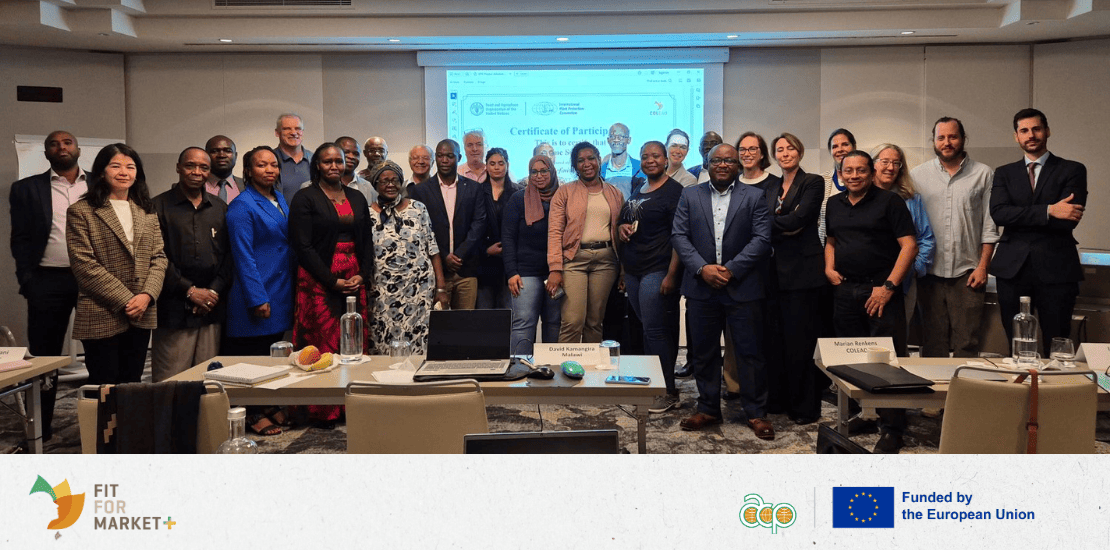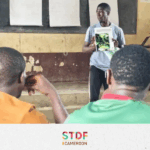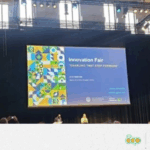- 29/10/2024
- Posted by: Sandra Borma
- Category: News

Rome, 7-11 October 2024: COLEAD and IPPC (FAO) join forces to strengthen national phytosanitary systems
The COLEAD IPPC workshop, held in Rome from 7 to 11 October 2024, brought together 46 participants, including PCE (Phytosanitary Capacity Evaluation) Facilitators, National PCE Coordinators and Heads of National Plant Protection Organizations (NPPOs) (12 online and 34 face-to-face). The focus was on sharing best practices and promoting peer-to-peer learning, while working together on the development of nine projects from Djibouti, Egypt, Eswatini, Malawi, Uganda, Zambia, Zimbabwe and Rwanda. This workshop provided a unique opportunity to build on the key findings of the PCE (Phytosanitary Capacity Evaluation) and apply the R-SAT (Regulatory Systems Assessment Tool) methodology.
The five-day workshop began with presentations outlining the objectives of the workshop and the collaboration between IPPC and COLEAD, particularly in the context of strengthening national phytosanitary systems. The workshop activities are detailed below:
- Day 1 (Monday, 7 October): Drafting of priority action plans for national phytosanitary systems using PCE results and COLEAD’s R-SAT methodology.
- Day 2 : Focus on global stakeholders and their role in phytosanitary capacity development
- Day 3 : Designing logical frameworks for phytosanitary capacity development projects.
- Day 4 : Development of project proposal drafts, guidelines and recommendations for finalising national and regional phytosanitary projects and exploring funding opportunities.
- Day 5 (Friday, 11 October): Gender mainstreaming in phytosanitary capacity development, with perspectives and next steps provided by COLEAD and FAO gender teams.
Facilitated sessions and support
The workshop was coordinated by David Sodade (COLEAD) and Riccardo Siligato (FAO/IPPC) with support from Babacar Samb and Dr Chagema Kedera (COLEAD). Through facilitated sessions, participants addressed specific national needs and challenges, drawing on the results of the PCE and R-SAT. Development partners, including representatives from the EU, emphasised their willingness to support these projects and encouraged the submission of strategic presentations to strengthen future collaboration.
Participants’ insights
Participants praised the practical relevance of the workshop and the opportunities for peer-to-peer learning. One participant highlighted that the workshop provided NPPO representatives with valuable skills and knowledge to facilitate the writing of project proposals for funding. Another noted the impact of resource persons whose experience in project development provided significant learning and collaboration.
Gender mainstreaming and final reflections
A key focus of the workshop was gender mainstreaming, facilitated by the FAO gender team and COLEAD’s gender focal point, Inês Bastos. This interactive session highlighted the importance of integrating gender perspectives into national and regional phytosanitary projects, and the workshop concluded with a commitment to further dialogue between COLEAD and FAO on this critical issue.
This workshop is a crucial step towards developing operational phytosanitary projects that are aligned with national objectives and donors’ expectations and contribute to improved food security and phytosanitary governance in the participating countries.
This activity is supported by the Fit For Market Plus (FFM+) programme, implemented by COLEAD within the Framework of Development Cooperation between the Organisation of African, Caribbean and Pacific States (OACPS) and the European Union. This publication receives financial support from the European Union and the OACPS. The content of this publication is the sole responsibility of COLEAD and can in no way be taken to reflect the views of the European Union or the OACPS.





